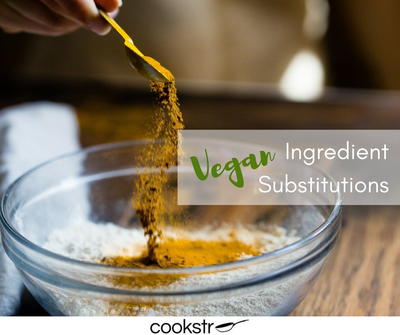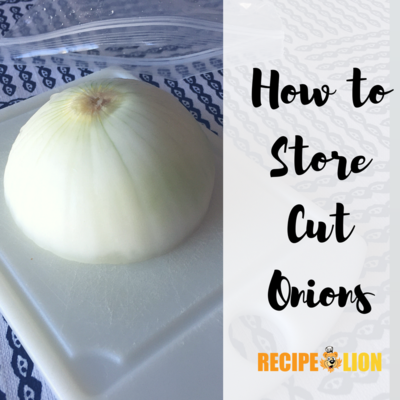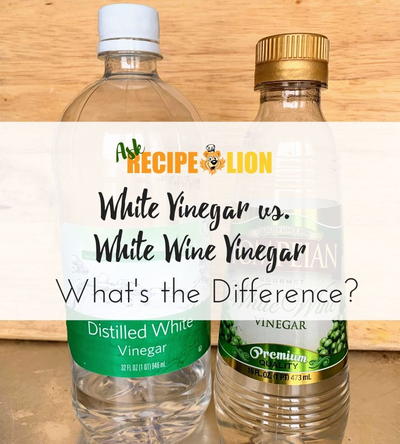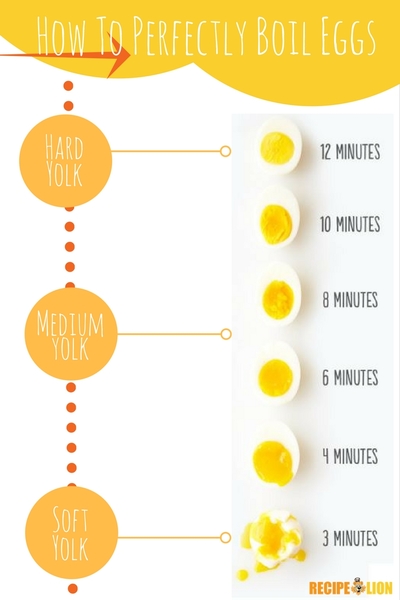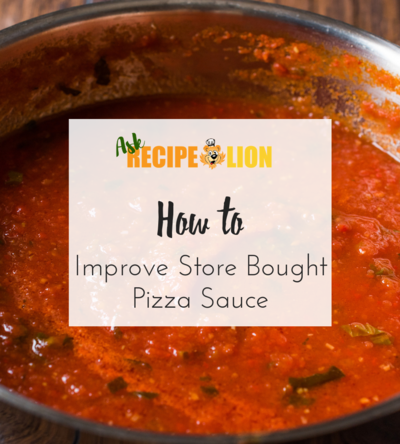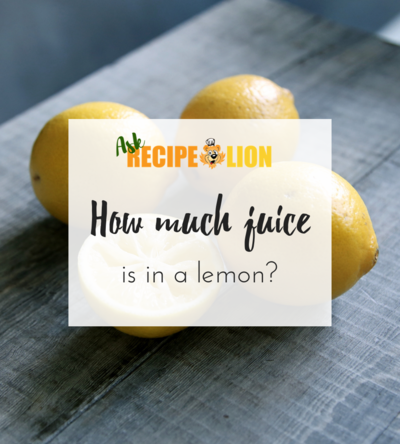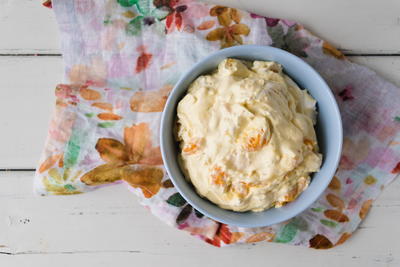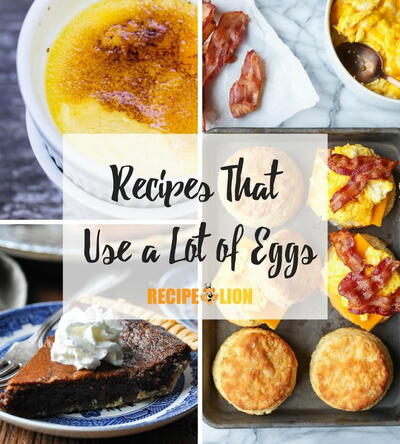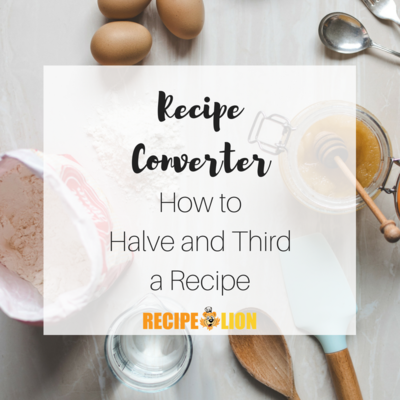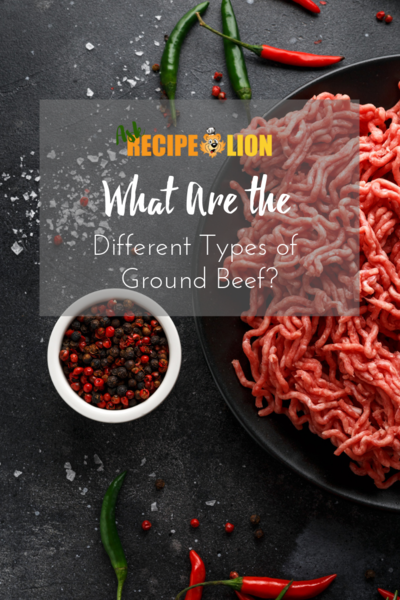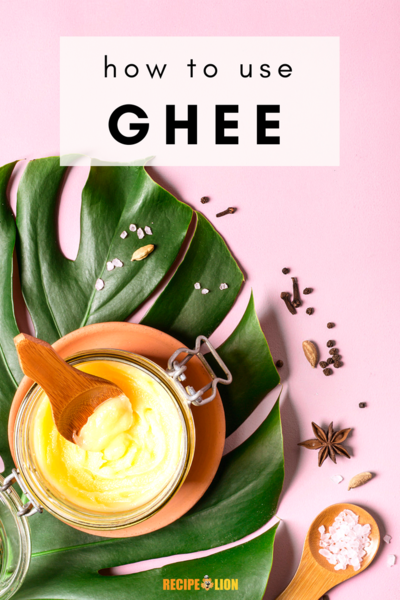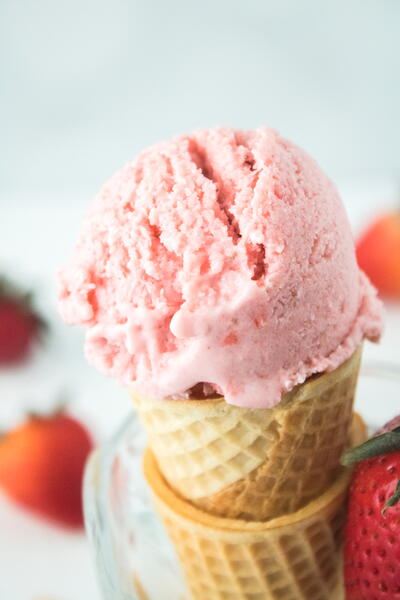Vegan Substitutions 101
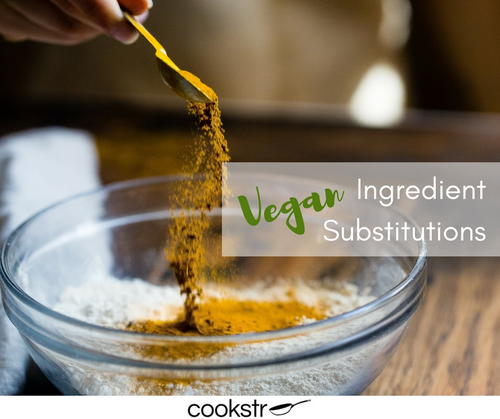
For home chefs and bakers who are vegan, sometimes finding the recipe that you want to use that also matches your dietary restrictions can be a challenge. Wouldn't be a lot easier if you could just adapt regular recipes to be vegan and entirely plant-based?
That's where these vegan substitutions come in! You don't have to be vegan to use these ideas, either. Sometimes you get halfway through assembling a cake and realize you're out of eggs or butter. Never fear, these entirely plant-based alternatives will save the day and might just make your dishes a little bit healthier in the process.
Vegan substitutions don't have to be bland, either. If you get creative, you can create desserts, sides, and main dishes that are just as delicious (or more so) than their non-vegan counterparts -- just wait until you hear about aquafaba.
1. Egg Subtitutions
For vegan chefs and bakers, replacing eggs is probably the biggest challenge of all. It's tricky to get that right combination of texture and volume while also finding something that will behave in a similar way when it interacts with the other ingredients. When it comes down to it, there are no perfect vegan substitutions for eggs, but here are a few that get the job done:
Applesauce
Egg substitutions don't get much simpler than applesauce. About 3-4 tablespoons will replace one egg in your baked goods. Just remember that applesauce does have a sweetness to it and acidity that isn't present in regular eggs, so you may have to adjust other parts of the recipe you're using to account for this.
Bananas
Great for making fall desserts, bananas are a staple ingredient substitution for any vegan baker. The ratio is basically 1 banana to 1 egg. The fibrous nature of bananas makes them great binding agents for your baked goods, but the texture might be a little thicker than you're expecting. If you're having trouble getting the bananas to break up entirely when you mix them into your ingredients, consider mashing them up thoroughly before adding them to the rest of your ingredients.
Purees
If you've ever made a dump cake, you're probably aware that purees and pie fillings make great replacements for eggs and other binding agents. Plus, it's a great way to improvise with your recipes, adding in new flavors and making truly unique recipes.
Silken Tofu
Tofu is probably the closest thing you will find to an all-encompassing egg replacer. The other alternatives have pretty limited uses -- applesauce and "flegg" for instance can really only be used as egg replacements in baking. But with the right kinf of seasoning and spices and with a close eye on the cooking, you can actually use silken tofu to create a vegan version of scrambled eggs!
Egg Replacers
Commercial egg replacers have been available for decades, but recently more brands have started making their way to the shelves of your local grocery store. These egg replacers usually come in powder form and turn sticky and thick when mixed with water.
Aquafaba
Chickpea brine, also known as aquafaba, might sound like an odd way to replace an egg, but stay with us. The composition of aquafaba makes a very convincing replacement both in terms of flavor and texture. Plus, it's very budget-friendly! You can even use aquafaba to make vegan meringue!
Water and Chia/Flax Seeds (Flegg)
If you've spent a lot of time trying your hand at vegan baking, you're probably familiar with the odd, gooey mixture of water and chia or flax seeds, often called "flegg" (a combination of flax and egg). Here's how to make it:
- In a small bowl or container, mix together 3 tbsp water and 1 tbsp chia seeds or flax seeds.
Note: If you're using chia seeds, you might need to blend the mixture to avoid getting large clumps of seeds in your baked goods. - Mix the ingredients thoroughly.
- Place the container in the refrigerator for about 15 minutes or until the mixture is thick and egg-like.
- Add the mixture to your other ingredients, just like you would a normal egg.
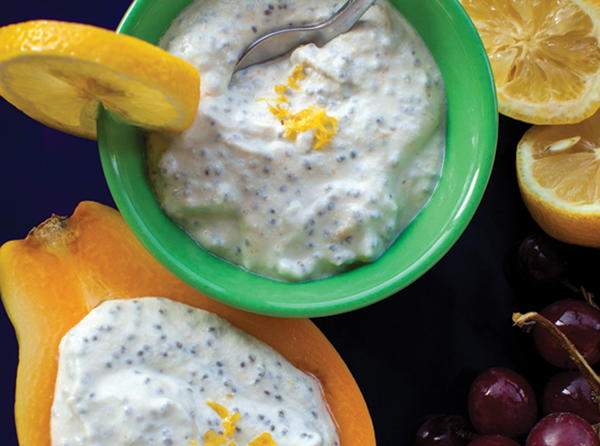
Milk Substitutions
Phew, now that we've got our eggs taken care of, what about the milk? If you're converting a regular recipe to the vegan version, having one of these vegan milk substitutes is a necessity. You can also easily make your own nut milk, but in recent years, it's become a lot easier (and a lot more affordable) to just buy plant-based milks at the grocery store.
Soy Milk, Hemp Milk, and Rice Milk
Vegan milk substitutes basically fall into two categories -- nut milk and other plant-based milks. Soy milk was once the kind of the vegan milk world but has recently lost some steam to newer, "hipper" alternatives like hemp milk and rice milk. The best part about these substitutes, though, is that you can use them to replace the milk that's called for in the recipe with a simple 1:1 ratio. No math necessary!
Almond Milk and Other Nut-Based Milks
By far the most popular type of plant-based milk, almond milk is loved be vegans and meat-eaters like because it's just so good! Whether you use it to replace regular milk in your baked goods or pour it over your cereal, almond milk is praised as the "good kind of fat" alternative to cow's milk.
Substitutes for Buttermilk
Sometimes the recipe you're working with calls for buttermilk, and your instinct might simply be to replace it with one of the plant-based milks listed above. Don't be fooled -- there's a difference between milk and buttermilk. Buttermilk has higher levels of acidity, which means that it will react differently with other ingredients. To substitute buttermilk, simply add about 1 tsp of vinegar for every cup of plant-based milk.
Looking to try your hand at homemade nut milk? Check out this recipe for almond milk:
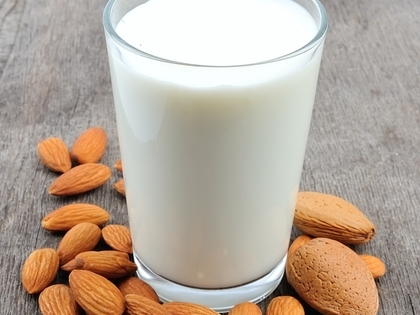
Meat Substitutions
Now comes the fun part -- making a vegan substitution that's so convincing, your non-vegan friends won't even notice! Get crafty with these vegan substitutions for meat, and you'll be cooking your way to a plant-based lifestyle in no time.
Tofu and Tempeh
Tofu is the classic meat substitute. It's spongy texture and ability to absorb flavors make it great for replacing almost any meat imaginable with the right seasoning. Tofu is a great place to start for beginner vegan chefs because it's pretty easy to handle, too. Similarly, tempeh is a soy-based meat substitute that's versatile and absorbs flavors well. You can do just about anything with it that you can do with real meat.
Seitan
Like tofu and tempeh, seitan is a flexible meat substitute that tastes delicious and goes with just about anything. The main difference between tofu and seitan is that seitan is made from wheat gluten instead of soy. Seitan is particularly good for substituting chicken.
Beans
For the protein-conscious vegans out there, replacing meat with beans is super easy and super delicious. While it's not always true that vegans have trouble getting protein in their diets, people who highly active lifestyles do require higher amounts of protein. Consider replacing ground beef for tacos and burritos with beans for a meaty flavor that's both affordable and a great source of plant-based protein.
Eggplant
You've probably heard of eggplant parmesan, but the options for this versatile vegetable don't stop there. You can cut them into chunks, sautee them, and even slice them into thin, burger-like pieces. Their neutral flavor and thick texture make them great for absorbing savory flavors and creating a convincing meat substitute.
Mushrooms
Another staple of any vegan produce drawer is mushrooms. They have a naturally savory and meat-like flavor, so it doesn't take a lot of work to transform them into a meat substitute. Use them to replace chicken in stir fry or mince them finely, sautee them, and add them to your tacos.
Jackfruit
That's right -- fruit. Jackfruit is the hottest trend in the vegan and vegetarian worlds because of its ability to transform when cooked. You might not always find it in your normal grocery store, but if you have an Asian or "international" market near you, you can easily find jackfruit. The pieces of fruit are stringy on the inside, and when cooked, their flavor becomes neutral. Just throw on some barbecue sauce, and you've got a recipe for vegan pulled-pork that will fool even the biggest meat eaters.
Black bean burgers are a classic vegan dinner. Give this recipe for Cajun Black Bean Burgers with Creole Remoulade Sauce a try:
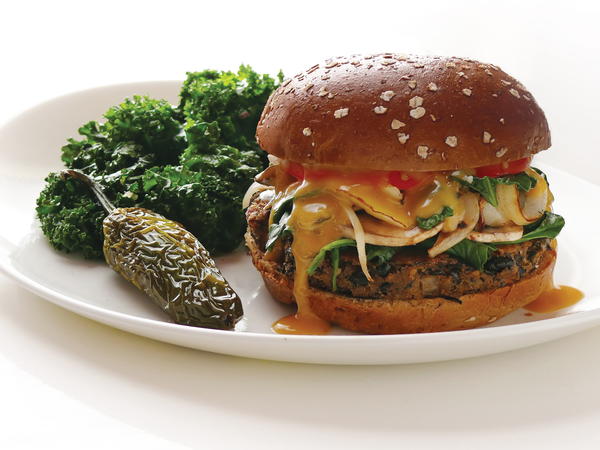
Cheese Substitutions
Substituting cheese for plant-based alternatives is such a challenge. It's hard to find the right balance of texture and flavor that's totally convincing, but there are a few tricks that get the job done no problem:
Tofu Cheese
The soft but malleable texture of tofu makes it a great base for your cheese substitutes. Of course, tofu on its own doesn't necessarily create the most amazing tasting cheeses. We recommend experimenting with flavors and spices to create a convincing cheese alternative that tastes just like real cheese.
Nutritional Yeast
Sold in a powdered, flaky form, nutritional yeast is entirely plant-based, and it has a uniquely cheesy flavor. It can be hard to put your finger on what exactly nutritional yeast tastes, like, but when you add it to your dishes, you will definitely notice a difference. Plus, as the name suggests, there are tons of health benefits of nutritional yeast.
Cashew Cheese
You read that right -- cashew cheese. When soaked in water, cashews become very soft and flexible, which means they can easily be blended into a smooth paste. Their neutral, nutty flavor means they can absorb flavors well. A little nutritional yeast and some herbs and spices added to these blended cashews will create a cheesy spread that's hard to resist.
Potato and Carrot Cheese
It doesn't get much easier than this, folks. Potatoes (or sweet potatoes) and carrots blended in the blender until they're nice and smooth make an amazing base for vegan nacho cheese. The spicier, the better!
Being vegan doesn't mean giving up comfort foods! Check out this recipe for vegan mac and cheese:
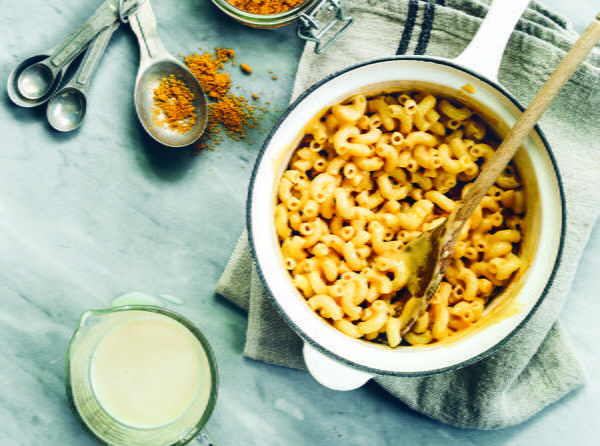
Butter Substitutions
Coconut Oil
For cooking, sauteeing, baking, and more, coconut oil should be in every vegan chef's pantry. It melts easily, so you can use it for greasing a pan or even just as a 1:1 substitute for butter in baked goods. If you're feeling really brave, try coconut oil on your morning toast.
Vegetable Oil
Because vegetable oil is... well, oil, it's hard to use it for much of anything besides baking. You can use it as a substitute for melted or softened butter in recipes, but if the recipe calls for you to "cut in" the butter or just a regular stick of butter, vegetable oil is probably not your best option.
Plant-Based Butter Alternatives
For all of your other plant-based butter needs, there are plenty of completely vegan alternatives to butter on the shelves of your local grocery store -- you just have to know where to look. Since these butter alternatives cost less to produce, they're usually cheaper, too.
Honey Substitutions
People who are new to the plant-based lifestyle might be surprised to find that honey is not always considered vegan! Luckily, there are plenty of replacements for honey that are just as delicious and completely plant-based.
1. Agave Nectar
2. Maple Syrup
3. Coconut Nectar
Aquafaba: The Ultimate Vegan Substitute
If you've been anywhere near a vegan blog in the last few years, you've probably heard of aquafaba. In 2014, a man named Joël Roessel discovered that if you whip chickpea brine (just like you would an egg), you the liquid starts to turn into a soft foam with a remarkably similar texture to meringue. Vegan baking was never the same!
Since then, vegan chefs and bakers have experimented with the substance and have given it the name "aquafaba," which is a lot more appetizing than "chickpea brine." The composition of the brine gives it the ability to bind ingredients together almost exactly like an egg does. Plus, unlike most other egg substitutes, aquafaba is not starch-based.
The only obstacle is the flavor. Yes, aquafaba alone tastes a little bit like chickpeas, which isn't always what you want in your cupcakes. But the flavor is neutral enough that it can easily be masked with plenty of sugar -- even when making meringue.
Vegan Substitutions Cheat Sheet
Download and print this infographic below, so you will always have these vegan substitution ideas on hand when you're baking!
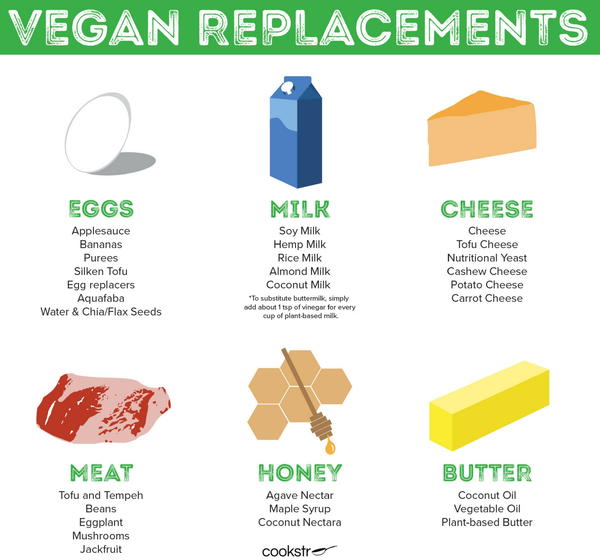
What's your favorite "vegan hack"?
Let us know in the comments!

